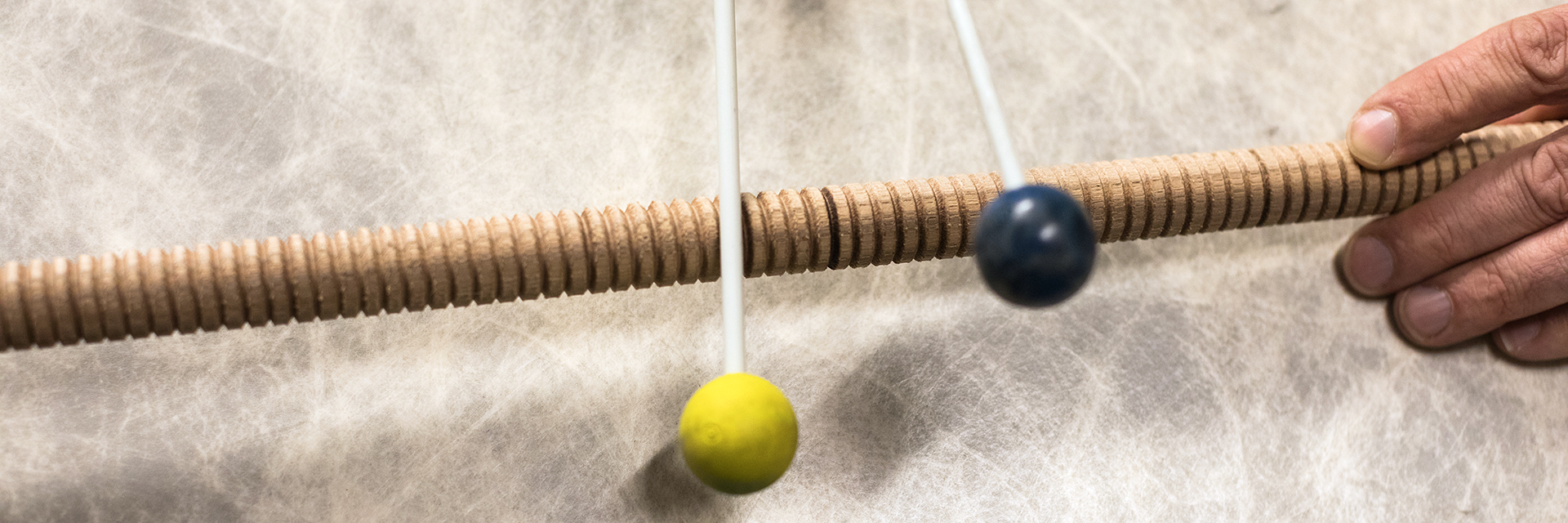colloquium48 - «The Shallows of the Vocaloid», Christoph Haffter
Olga Neuwirth‘s Le Encantadas o le avventure nel mare delle meraviglie (2014-15)
The voice has for a very long time been the musical locus of psychological depth and expressive authenticity. Especially in the studies of the so-called pop music which traditionally allowed for less standardized singing techniques, it has become a common place to see the nuances of vocal articulation as the most powerful way to establish a musical personality, to create a unique and recognizable musical self. The voice promises to give access to the depths of the subject in its singularity. The device of the vocaloid, and its technological relatives, radically contravenes this desire. It mocks the expectation of psychological depth and seems to affirm the shallowness of the musical voice. In the talk, I would like to draw on Olga Neuwirth’s use of the vocaloid Hatsune Miku in her work Le Encantadas in order to understand what is philosophically at stake in this depersonalization of the musical voice.
Christoph Haffter (M.A.) studierte Philosophie und Musikwissenschaft in Basel, Paris und Berlin. Seinen Master in Philosophie schloss er an der Humboldt-Universität zu Berlin mit einer Arbeit zur Frage der Materialität der Musik ab. Systematisch arbeitet er zu Problemen der Ästhetik, insbesondere der Philosophie der Gegenwartskunst und Musikphilosophie sowie Fragen der Metaphysik und Erkenntnistheorie, historisch interessieren ihn der nachkantische Diskussionszusammenhang um 1800 (Transzendentalphilosophie, Romantik, Idealismus), Kritische Theorie und Hermeneutik sowie die französische Philosophie des 20. Jahrhunderts. Er ist seit 2015 Mitglied der eikones Graduate School und Redakteur der Musikzeitschrift dissonance.
Datum und Zeit
24.10.2023, 19:00–20:30 Uhr iCal
Ort
Campus Musik-Akademie Basel, Z. 6-301
Veranstaltet durch
Hochschule für Musik Basel, Klassik
